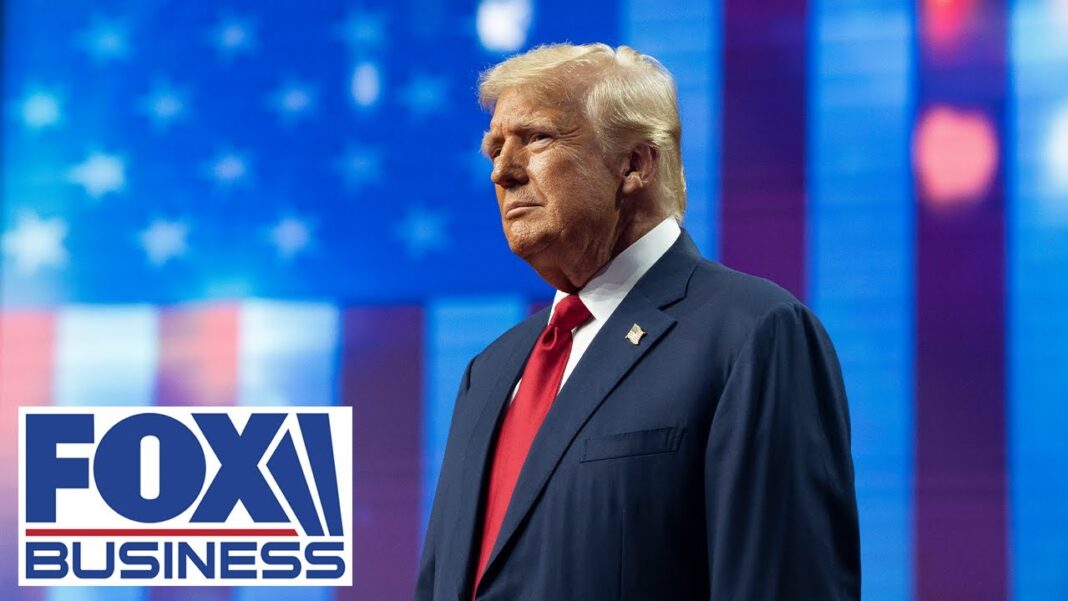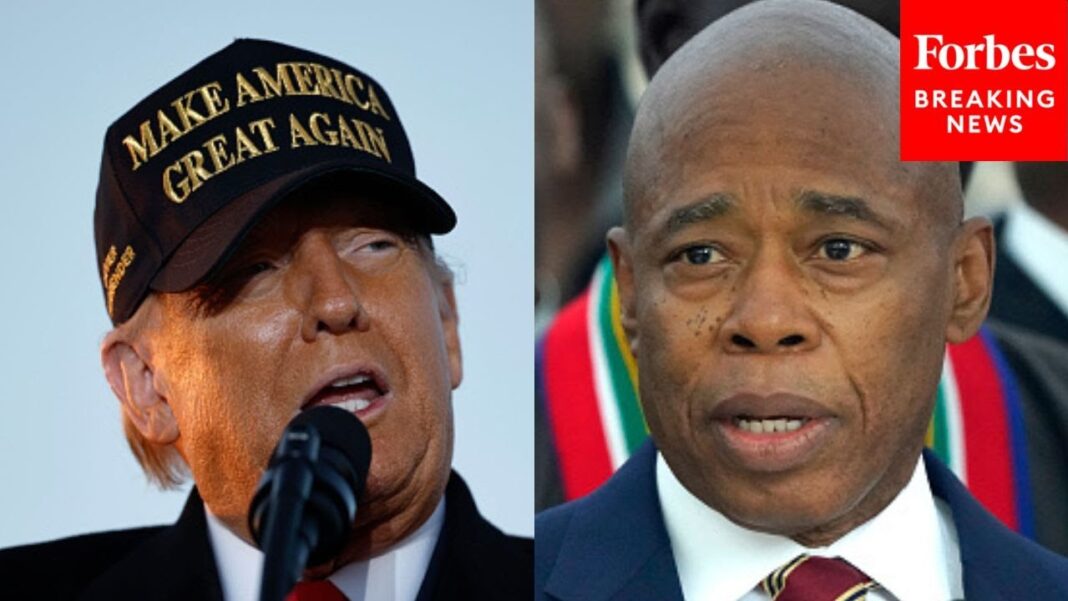What will President-elect Donald Trump’s win mean for U.S. foreign policy in places like Europe, China, Russia, and Iran? Quite a lot. Most of all, fewer freebies for U.S. allies and partners and a search for deals with U.S. adversaries to avoid conflict.
Trump is a businessman, and whenever he gives something away, he wants something for America in return. His detractors call this “transactional,” but in many cases it is good for America, decreases the likelihood of a catastrophic war, and in the long run is good for democracy. And, America’s ballooning federal debt means that we simply can’t afford to be quite as generous as before.
Trump supports 60 percent tariffs on China to force the country into a $1 trillion trade deal that would move toward a balance of trade. He almost achieved this in his last administration, and this time around will be an even tougher negotiator. He wants China to import as much from the United States as we import from China.
Another possible result of the tariffs is for China to shift its production away from supplying the United States, to exports to Europe and what Beijing calls the “Global South.” China could also increase its own consumption, which economists have long supported to stop the country’s overproduction that puts industries around the world out of business. Trump’s increased tariffs on China will further decouple the United States from the country and reorient U.S. supply chains to U.S. industries, and to our global allies and partners. This will increase U.S. jobs and trade with countries like Mexico, Vietnam, and India. That may increase prices somewhat, but will also improve U.S. national security by not making us so reliant on an adversarial country.
Trump has a generally negative view of China due in part to the Chinese Communist Party’s responsibility for the pandemic, which will likely suffuse most of his policy decisions on the country. He will continue diplomatic support to Taiwan, though with a return to America’s long-held policy of strategic ambiguity as opposed to Mr. Biden’s promise to defend the country militarily. That ambiguity will incentivize Taiwan to increase its own defense spending and pursue enough military power to achieve independent deterrence against China.
By Anders Corr









